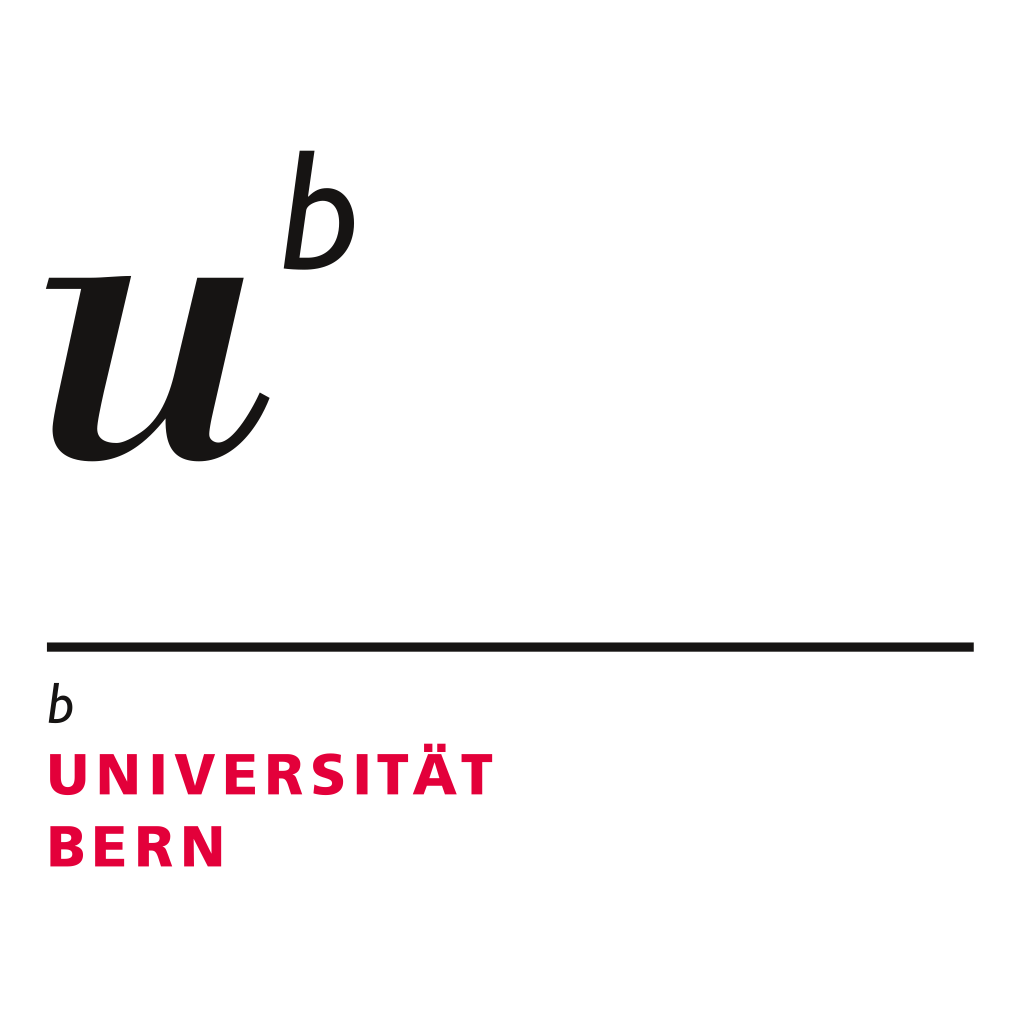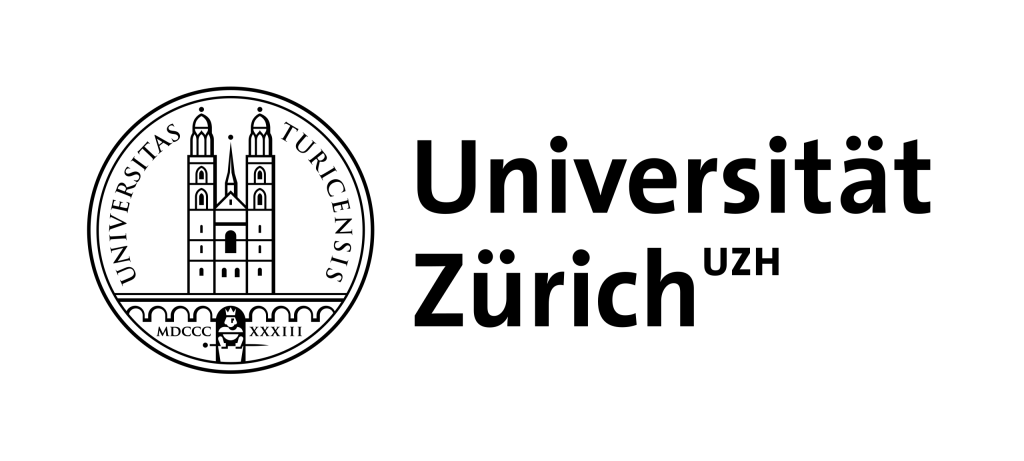Heart failure (HF) affects one in five adults over 40 years of age and confers a dismal prognosis. In half of all HF patients, HF is caused by a heart attack. Yet, the triggers of acute HF, the prediction of patients at risk for HF and the drivers of HF progression remain poorly understood. Moreover, the combined analysis of risk factors, electrocardiograms, imaging and laboratory data is complex, multidimensional and not standardized in Switzerland.
Machine Learning (ML) can deal with such complexity and offers an automated way to discover key patterns in big data sets of clinical and diagnostic nature. ML methods bear a great potential to improve diagnostic and prognostic accuracy, thereby allowing a more tailored management of patients with HF.



